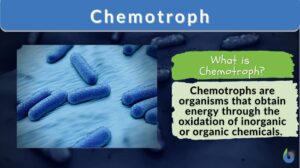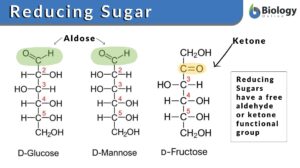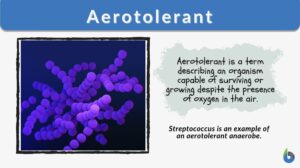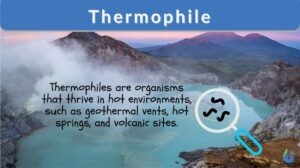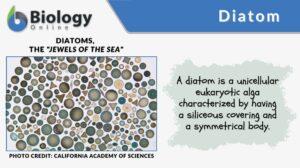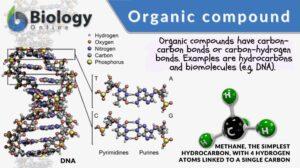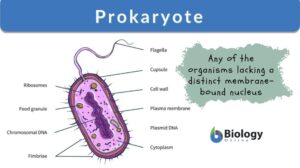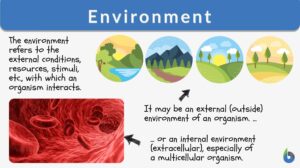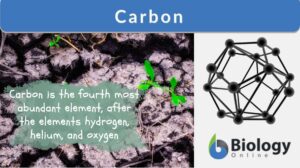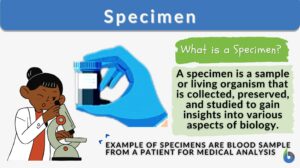Search Results for: crust
Efflorescence
Definition noun (1) (botany) The state of efflorescing; time of flowering or blossoming; anthesis. (2) (medicine) A... Read More
Chemotroph
Chemotroph Definition A chemotroph refers to an organism that obtains energy mainly from carbon dioxide and from... Read More
Reducing sugar
Reducing Sugar Definition What is reducing sugar? The type of sugar that acts as the reducing agent and can effectively... Read More
A Balanced Diet – Minerals and Proteins
Minerals Various minerals in the Earth's crust are required for a healthy balanced diet. These inorganic compounds have... Read More
Origins of Life on Earth
Although Earth was created around 4.5 billion years ago, life began to exist not long after. Due to the huge timescales... Read More
Lithosphere
Definition of Lithosphere: The earth’s outer solid crust is called Lithosphere. To read more visit to... Read More
Aerotolerant
Aerotolerant Definition The term "aerotolerant" pertains to an organism that does not require oxygen for growth but can... Read More
Thermophile
Thermophiles Definition What are thermophiles? Let us first understand the literal meaning of the word ‘thermophile’.... Read More
Organic compound
Organic Compound Definition An organic compound is a compound that, in general, contains carbon covalently bound to other... Read More
Prokaryote
Prokaryote refers to any of the group of living organisms primarily characterized by the lack of a true nucleus and other... Read More
Environment
Environment Definition What does environment mean? If you mean physical environment, then it is defined as the surrounding... Read More
New Zealand’s Unique Geographical History
Written by: Maria Victoria Gonzaga Peer-reviewed by: Cathy Buntting, Ph.D. and Andrea Soanes New Zealand is... Read More

